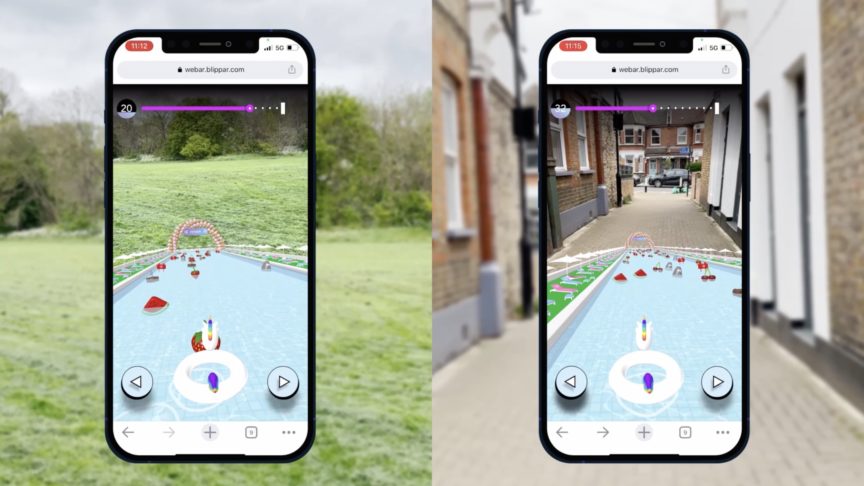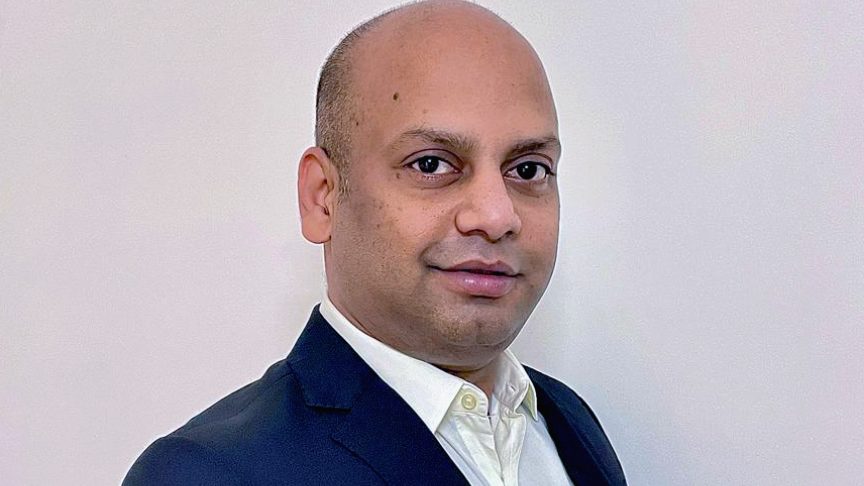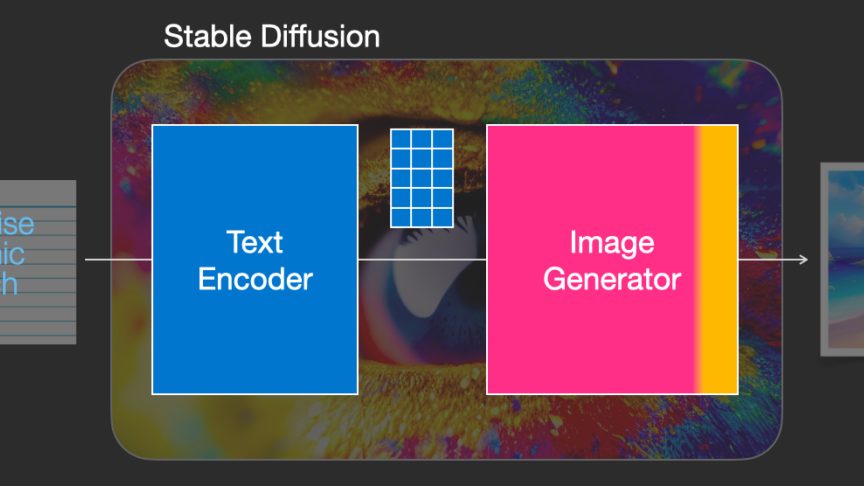VR will help head transplant patient recover - Weekly Mash-Up 162
November 25, 2016
VR will help head transplant patient recover - Weekly Mash-Up 162

Head Transplant Patient Will Use Virtual Reality to Smooth Transition to New Body
Smithsonian
Outside of gaming, virtual reality has an important role in the healthcare industry. Italian neuroscientist, Dr. Sergio Canavero, is set to perform the world’s first human head transplant onto a new body in 2017. VR training will be used several months before the surgery to help with the transplant, as it is argued that head transplant patients “would end up being overwhelmed with different pathways and chemistry than they are used to and they’d go crazy.” Read more

IBM's computer vision research zeroes in on identifying skin cancer
ZDNet
IBM is working alongside New York’s Memorial Sloan-Kettering Cancer Center to put their computer vision technology to good use: targeting specific, all-too-common form of cancer: melanoma. Given how deadly late-stage melanoma is, giving patients and doctors access to better diagnostic tools could have a major impact on public health and health care cost. Read more

Dutch police use augmented reality to investigate crime scenes
New Scientist
Dutch police are trialling an augmented reality ystem that streams video from body cameras worn by officers to experts elsewhere. These experts can then guide the officers by annotating the scene virtually with notes that the officers can see on a smartphone or head-mounted device like Google Glass. This would increase efficiency, by keeping the numbers at a crime scene to a minimum without sacrificing thoroughness. Furthermore, the recordings could also help juries out in courts. Read more

How scientists will use artificial intelligence to find aliens
Popular Science
Scientists are looking towards artificial intelligence to investigate outer-space inhabitants. New inventions, like the James Webb Space Telescope, which launches in 2018, will soon be feedbacking so much information that scientists will not be able to manually process it. To prevent this backlog, researchers at University College London created RobERt, an artificial intelligence that can scan deep-space data for signs of habitable planets much faster than humans ever could. Read more


